Acne Treatments That Really Work
Acne is a chronic inflammatory skin condition where hair follicles and pores are blocked by oil and dead skin cells, resulting in the follicle swelling and the iconic bumps most individuals hate to see on their skin. When this occurs, it causes an overgrowth of bacteria, making the skin more irritated. This cycle creates whiteheads, blackheads, and pimples. A lot of research has been done on how to eradicate acne from a cellular level. Here are some treatments that really do work, based on research from various studies.
Pore Cleansers
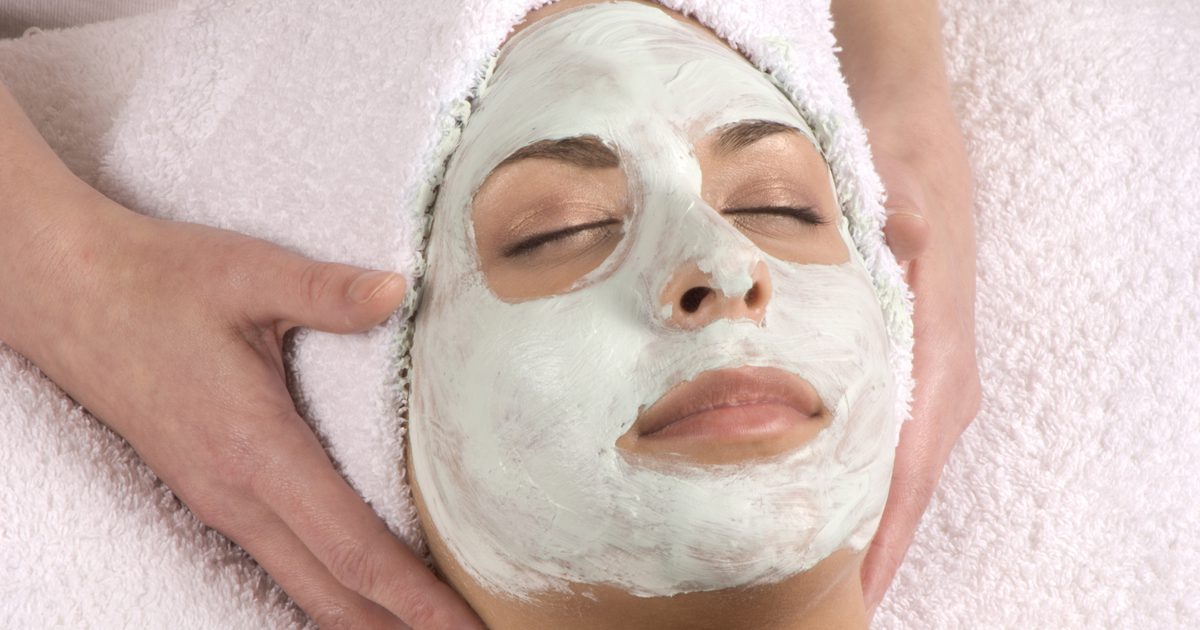
Pore cleansers are effective because they prevent the plugging up of pores, thereby suppressing acne. The product targets production of oil and the hormones which studies show are the elements that trigger breakouts. A pore cleanser will typically contain benzyl peroxide or salicylic acid.
Benzoyl peroxide breaks down when in contact with skin, releasing the oxygen within it, which kills the bacteria that causes acne. The acid causes the skin to peel and dry, which will get rid of dead skin and sebum (the cause of follicle inflammation and bumps). Salicylic acid is gentler on the skin, but doesn’t contain the oxygen that helps kill bacteria. If an individual's skin is sensitive and their acne is not too serious, salicylic acid cleansers might be better.
Zinc
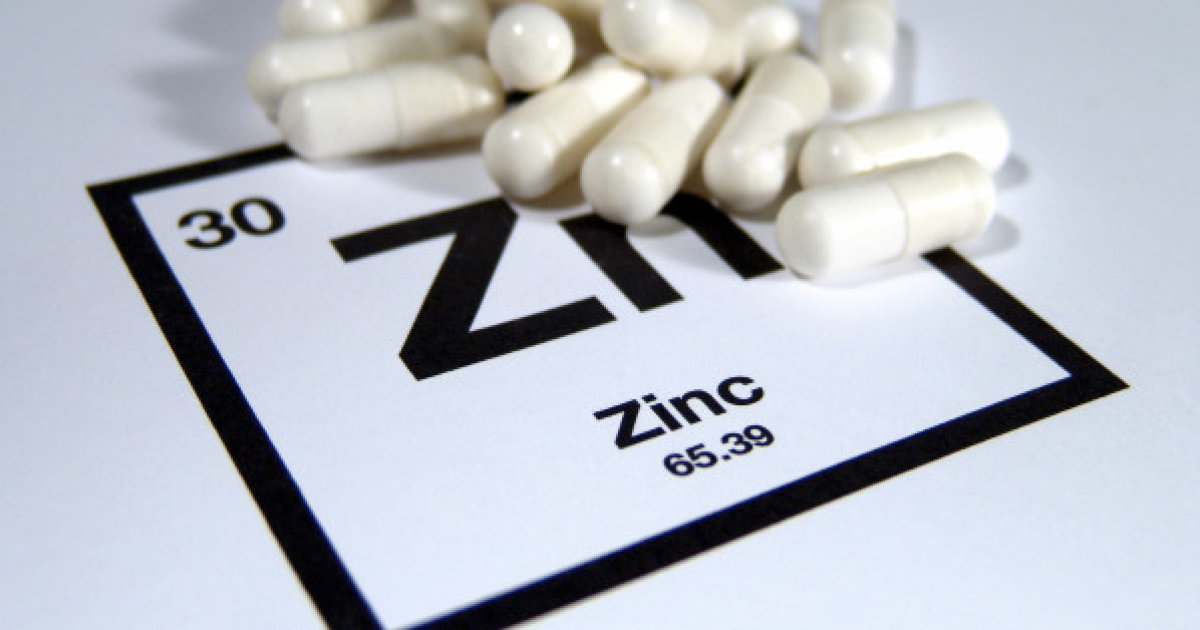
Zinc assists in skin health and the fight against acne both internally and externally. It is known for combating cystic and hormonal acne, as well as fighting acne-causing bacteria. Consuming zinc improves an individual's complexion if it’s prone to acne and has been shown to help treat acne in conjunction with a patient's topical regime. Known as one of the greatest minerals, individuals can add zinc to oatmeal to make an at-home mask to calm their skin.
See A Dermatologist
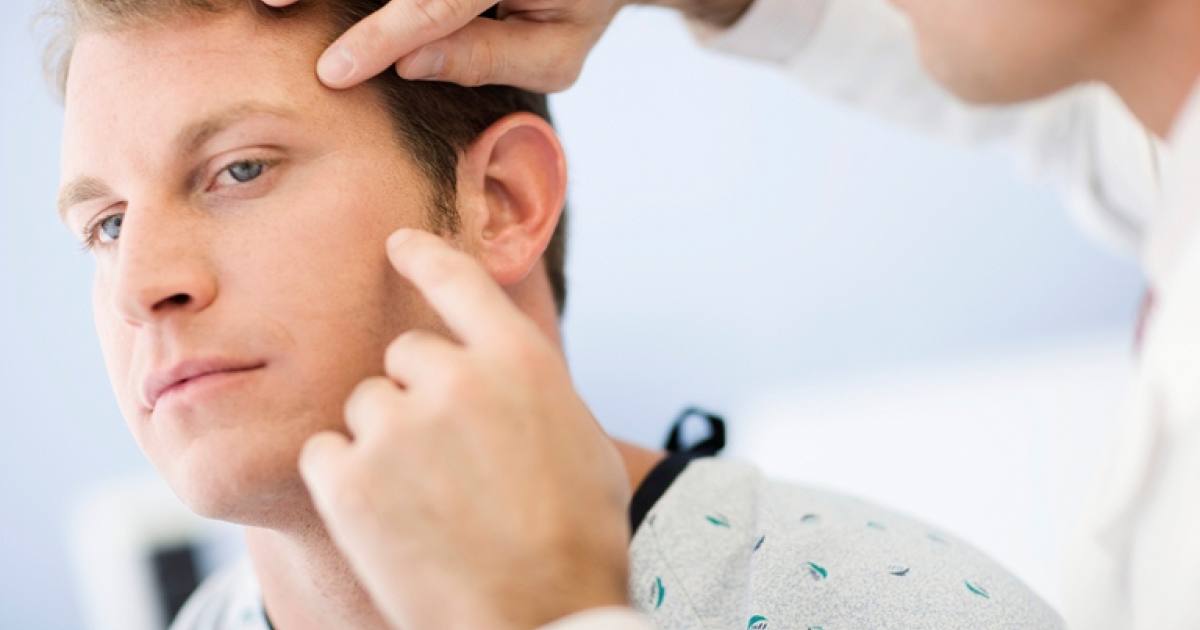
Seeking professional treatment sooner rather than later is key to getting acne under control and limiting the chances of permanent scarring. A dermatologist can help even with mild cases of acne. Even mild acne can still potentially lead to scarring, and there is no way of predicting if mild acne will progress to becoming more severe over time. There are so many possible products on the market, and seeing a dermatologist can be the best solution of all, particularly because they can effectively narrow their patient's options to the ones most likely to assist in their specific case of acne. Individuals might even find out the solution to their acne is as simple as a lifestyle change regarding things like their choice of cleansing products.
Spiro
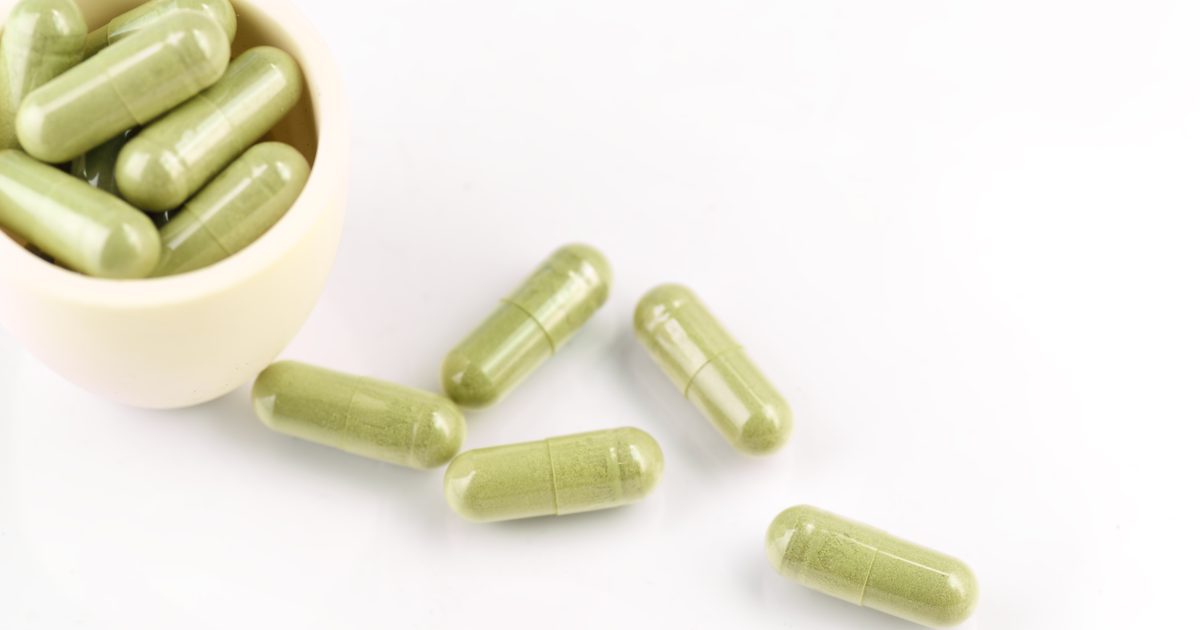
Spiro is a prescription pill that is incredibly effective in treatment of acne caused due to hormones. If patients don’t have severe acne, it’s likely their doctor won’t prescribe the anti-androgen drug, which limits hormonal fluctuations. Due to fewer fluctuations in hormones, it reduces the number of breakouts an individual will get. It doesn’t change an individual's hormone levels, it simply prevents the acne-causing hormones from attacking the skin.
Oral Antibiotics
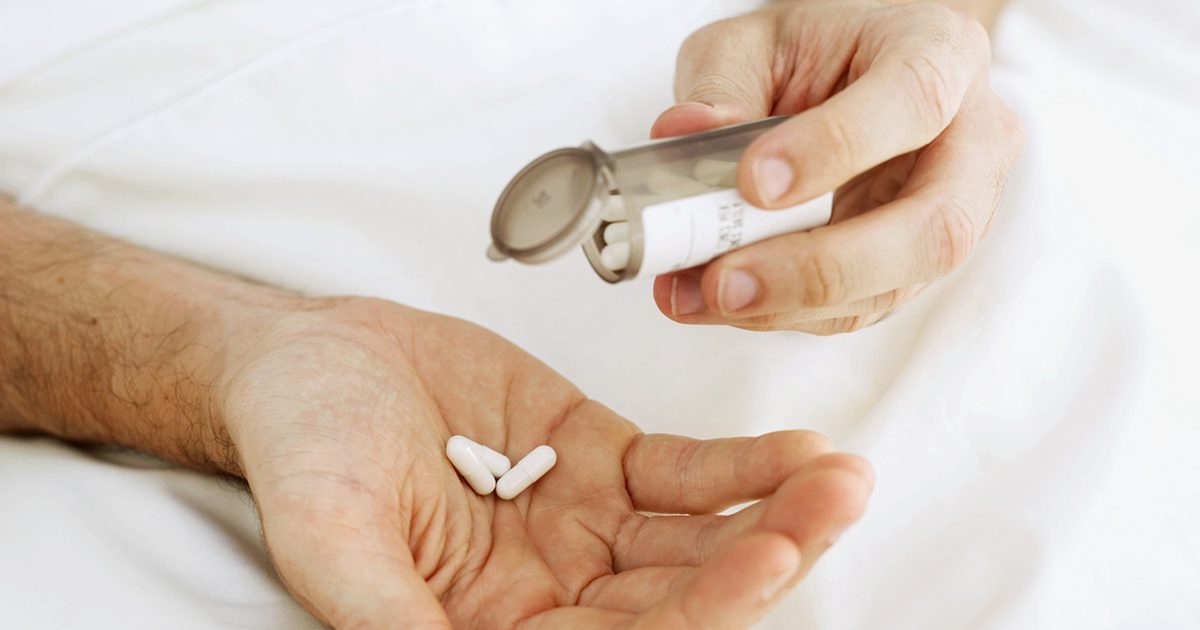
Antibiotics work, especially when approached in a multi-tiered manner. Acne is due to the body producing too much bacteria and antibiotics kill bacteria. Treating acne with topical options along with oral antibiotics manages all areas of why an individual might be having acne problems. The treatment is often most effective when conducted for four months. Once a patient is clear of acne, treatments of a topical nature should be incorporated to maintain their complexion.
Stress Management

There are many stresses and strains of life that affect an individual's overall well-being. Financial stability, employment, and family life are just a few stressors in today's society. Acne can also be a source of stress for most. Dermatologists have noticed the psychosocial effects of acne, and for this reason, a lot of research has been focused on therapeutic interventions. Acne is not only a source of psychological stress, however. It can also be exacerbated by stress. Studies have shown higher stress levels leads to increases in sebum production, the oil secreted by glands at the base of hair follicles. Although acne is affected by other factors such as diet, age, and hormones, stress management may serve as an effective method for gradually reducing the severity of acne. Thus, individuals should look to implement regular stress management. Common practices include relaxing baths, yoga, and drinking warm beverages.
Salicylic Acid
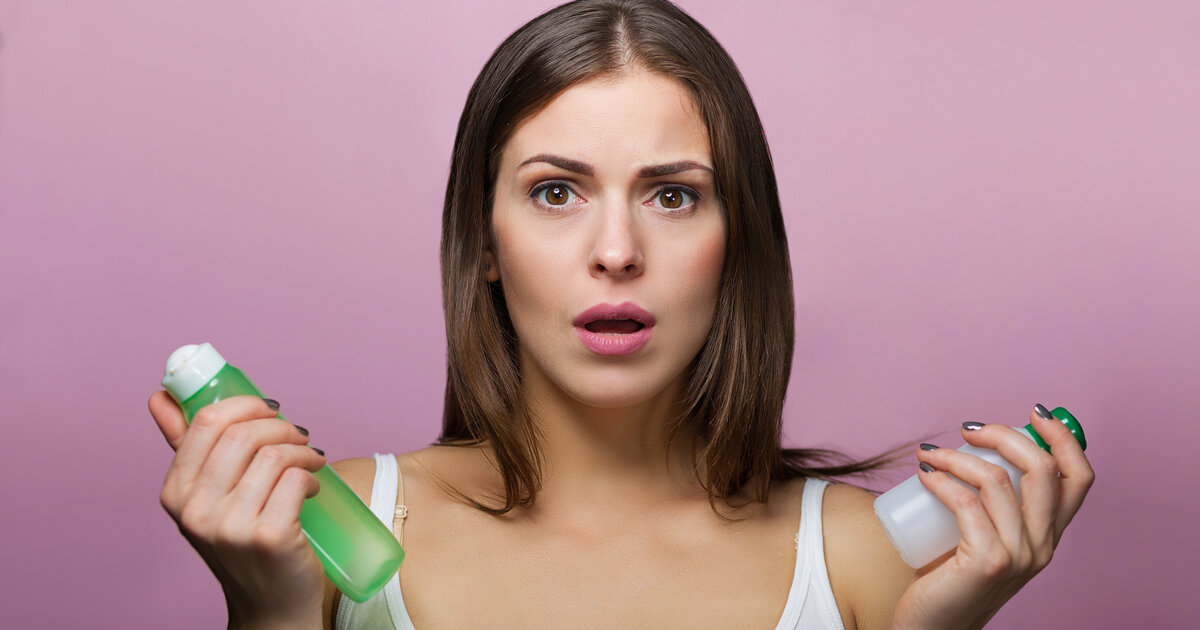
Salicylic acid, as briefly mentioned, is a common acne treatment derived from the bark and leaves of willow trees. What makes it effective at combating acne is its lipophilic properties, which means it's a substance that adheres to and dissolves fats. Studies have shown it to be more effective than pyruvic acid when reducing sebum production. It also causes excess skin cells to exfoliate, making it more effective at reducing blemishes. Salicylic acid also works to reduce inflammation by removing oils clogging the pores. It comes in multiple forms of acne treatment products including lotions, creams, and pads. Most medications containing the chemical are available over-the-counter in concentrations from 0.05 to five percent.
Benzoyl Peroxide
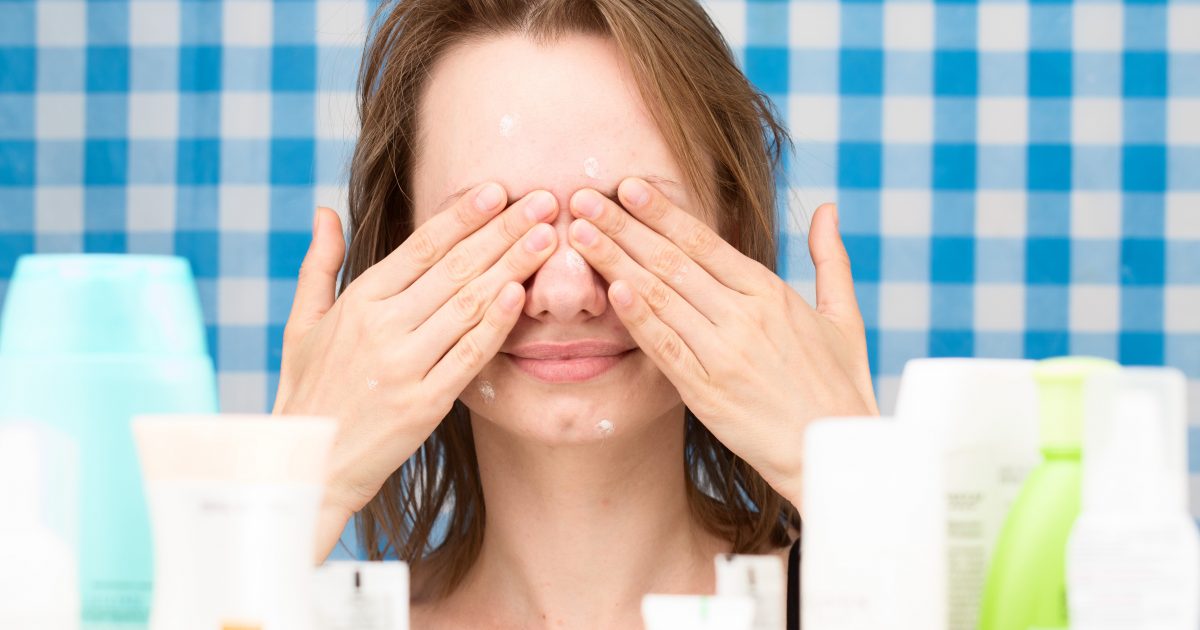
Benzoyl peroxide is another common over-the-counter acne treatment that also helps remove bacteria from the pores and surface of the skin. It has anti-microbial properties, which is why it's effective at combating the bacteria often found responsible for exacerbating acne. Although it's effective at reducing acne, treatment with this medication may take up to four to six weeks before results are seen. Users and physicians have noted mild side effects at the site of application, such as dryness and peeling. It's available in gels, soaps, lotions, and liquids in concentrations from two to ten percent. It's recommended individuals under twelve years old to speak with a physician before use. There are also prescription-strength products containing benzoyl peroxide for particularly severe cases of acne, though these are often combined with other medications, including clindamycin, in a gel or ointment.
Avoiding Oily Skin And Beauty Products
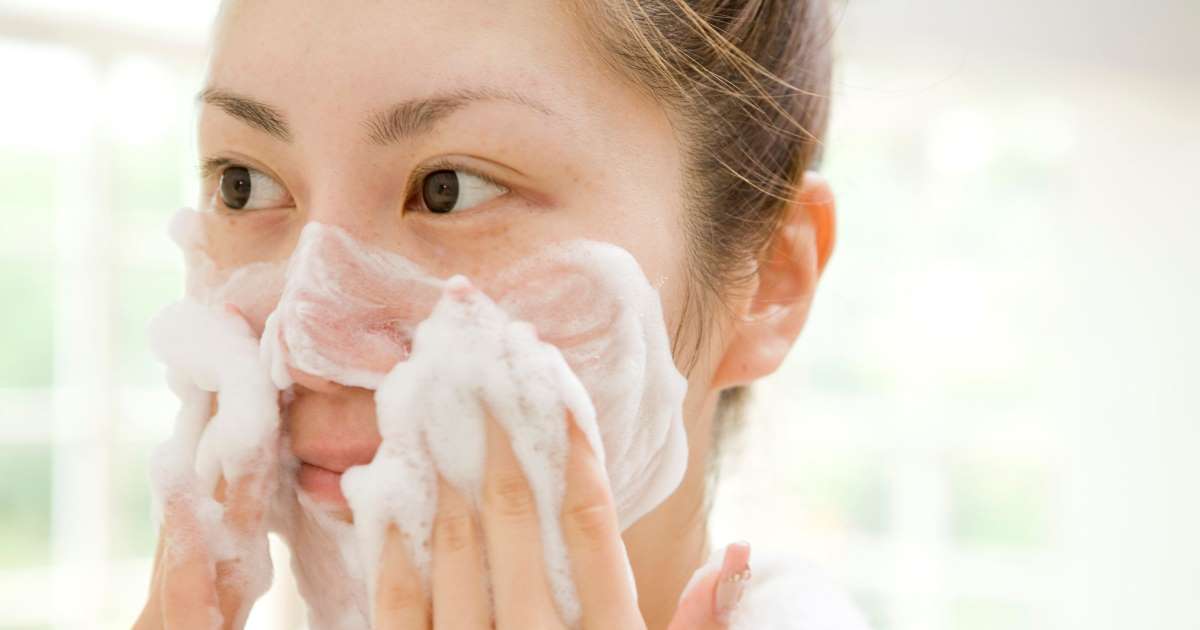
Although there are various factors that cause acne, oily skin is considered one of the primary ones. Acne arises when oils produced by the sebaceous glands (sebum) near the hair follicle build up within the pores. This oil then gathers with dead skin cells and clogs the pore, serving as a hospitable environment for bacteria. The combination of bacteria and this sebum mixture causes the pores and surrounding tissues to become inflamed. A natural way to reduce acne without medicinal intervention is by avoiding oily skin and beauty products. There are many options for this. All individuals must do is carefully read labels on products for phrases such as 'oil-free' or 'designed for oily skin.' While no one product will work for everyone, implementing strategies like this are great ways to start.
Isotretinoin
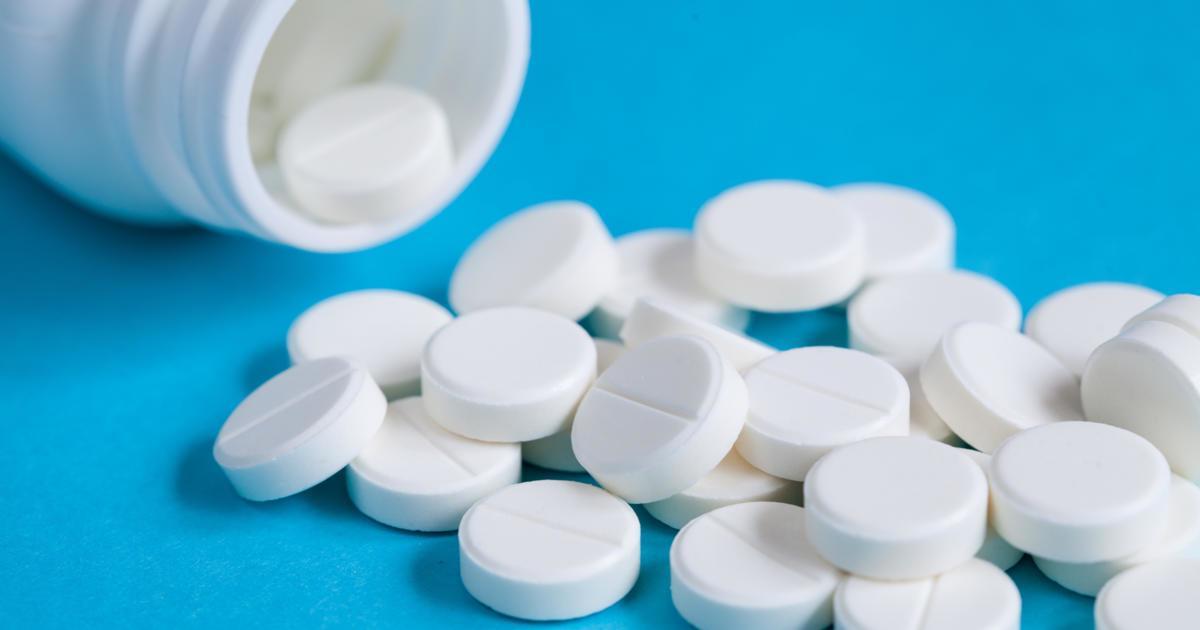
We know most cases of acne can be resolved with common treatments such as benzoyl peroxide, clindamycin, and salicylic acid. However, there are severe cases of acne that do not respond to most treatments. In these cases, isotretinoin can be used as an effective method to dramatically reduce severe acne, including severe cystic acne. Isotretinoin belongs to a class of drugs called retinoids, which are related to vitamin A and regulate epithelial cell growth. It works by altering the size of the sebaceous gland and reducing sebum production. Studies have shown it reduces sebum production by ninety percent or more. It's available through prescription only in doses between .05-1.0 milligrams. Patients taking it are recommended to avoid also taking supplements containing vitamin A during treatment.
